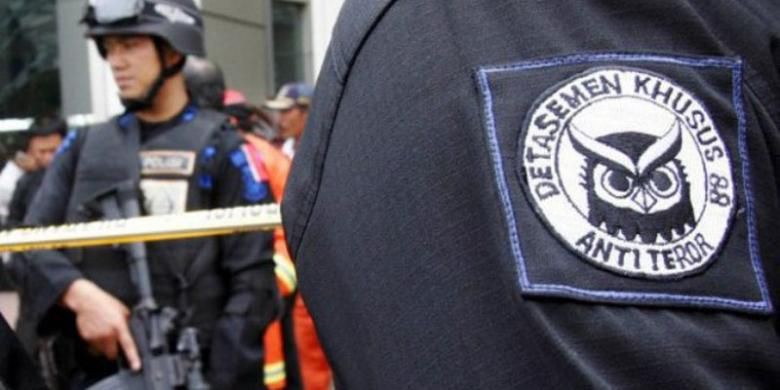Popular Reads
Top Results
Can't find what you're looking for?
View all search resultsPopular Reads
Top Results
Can't find what you're looking for?
View all search resultsThe sleeping terror cells
The arrest of Zulkarnaen and Upik will not mark an end to the country’s home-grown terror group, as their followers may have formed terrorist cells and spread their teachings and vision of setting up a caliphate in Indonesia and beyond.
Change text size
Gift Premium Articles
to Anyone
T
he arrest of prominent terrorist suspect Zulkarnaen last week is yet another achievement of the National Police’s counterterror squad Densus 88, but such a big catch also serves as a warning that acts of terrorism remain a clear and present danger.
That the high-skilled Densus 88 took about 18 years to finally capture Zulkarnaen shows how menacing this man is, particularly if during his time on the run, he recruited, indoctrinated and trained protégés who could reactivate the long-dormant Jamaah Islamiyah (JI) terror group.
JI was responsible for a series of bombings, which Zulkarnaen took part in, in the wake of the global war on terror, notably the first Bali attacks in 2002, the first JW Marriott bombing in 2003, the 2004 Australian Embassy bombing and the second Bali bombing in 2005. Among the first Indonesian jihadists who trained in Afghanistan in the 1990s, which reportedly gave him direct access to the al-Qaeda terror network, Zulkarnaen was also involved in the sectarian clashes in Maluku and Poso in Central Sulawesi when Indonesia was transitioning from authoritarianism to democracy.
During his time as the leader of JI’s paramilitary force in the early 2000s, Zulkarnaen recruited and trained about 300 Indonesians in Afghanistan and the southern Philippines, according to the police.
In April last year, the United Nations Security Council included him in the list of individuals, groups, undertakings and entities subject to an asset freeze, travel ban and arms embargo due to their link to Islamic State (IS) and al-Qaeda.
The police said Zulkarnaen was nabbed in East Lampung on Dec. 10, just after a series of raids in Central Lampung between Nov. 15 and Dec. 5, which resulted in the arrest of Zulkarnaen’s long-time partner in crime, Upik Lawanga, and 14 of his network members. Another key JI operative, Para Wijayanto, was apprehended in Bekasi, West Java, late in June last year and could have led the counterterror squad to the other JI figures in hiding.
For the police, the capture of JI leaders will enable them to extract valuable information about how the group is now operating, including the way it collects money to survive. A former member of the 2002 Bali bombing investigation team, Benny Mamoto, believes the group has adapted to new technological developments to avoid police surveillance and may have run legitimate business entities to raise its operational funds. In the past, JI relied much on assistance from al-Qaeda.
For sure, the arrest of Zulkarnaen and Upik will not mark an end to the country’s home-grown terror group, as their followers may have formed terrorist cells and spread their teachings and vision of setting up a caliphate in Indonesia and beyond.
The church bombings in Surabaya, East Java, last year could be the latest major attack to have hit the country, but the arrest of Zulkarnaen and other JI leaders should warn us that their followers may be waiting for the right time to strike back.
To preempt future attacks, Densus 88 will need to intensify its surveillance as part of law enforcement, while at the same time, religious leaders and educators must step up their campaign for religious moderation to counter extremism.










